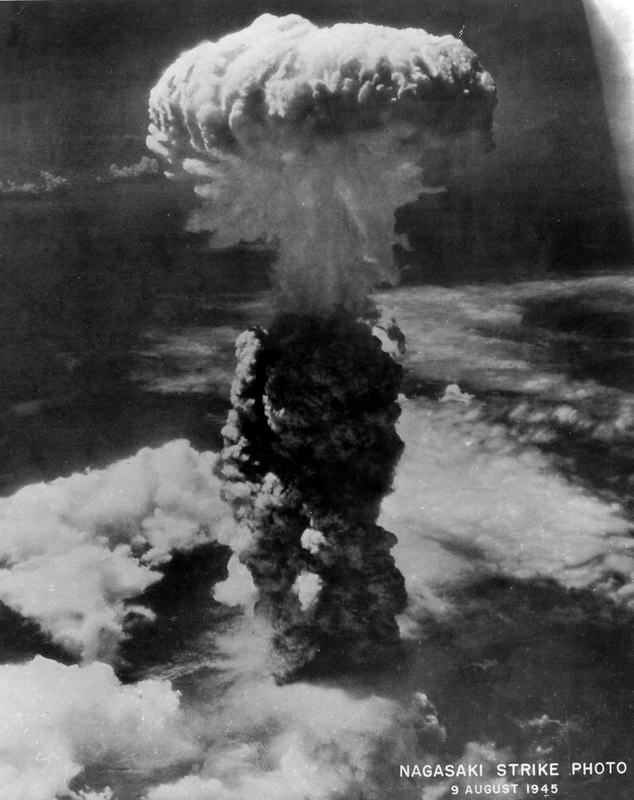
Background
Harry S. Truman made one of the most controversial presidential decisions of the twentieth century with the dropping of the two Atomic Bombs on Japan. Historians have debated whether that decision was just. Supporters argue that the atomic bombs saved American lives and ended WWII more quickly than a ground invasion of troops. Critics say that the devastation for civilians in Japan was inhumane. Following the bombings of Hiroshima and Nagasaki, Japan surrendered and the war was concluded. Entering post WWII our former ally, Soviet Russia had quickly become our greatest threat to world military dominance.
A Europe now divided by political ideals of the west versus east, Democracy versus Communism, led to a feud between the U.S. and the U.S.S.R. that would later be known internationally as the Cold War. After a Russian spy gave the Soviets intelligence on creating an atomic bomb, the United States no longer had a monopoly on atomic energy. Beginning in 1949, when the Soviets successfully tested their own Atomic Bomb in Kazakhstan, United States President Truman began to consider that the United States was no longer in the lead of the nuclear arms race. This pushed thought processes forward in continuing to look for new ways to maintain military dominance.
Truman sought out nuclear scientists in his consideration of the development of a much more powerful nuclear weapon, the Hydrogen Bomb. The H-Bomb was about 1,000 times stronger than the Atomic Bomb. There was dissension among the scientists about whether a weapon with the potential for so much destruction should even be developed, let alone tested. As president of the free world, Truman had one of the most important decisions to make during the twentieth century regarding nuclear technology. As you investigate the following sources, think about what decision you would have made if faced with the decision of expanding nuclear capabilities.
Key Question
Is control of nuclear weapons necessary to maintain peace?